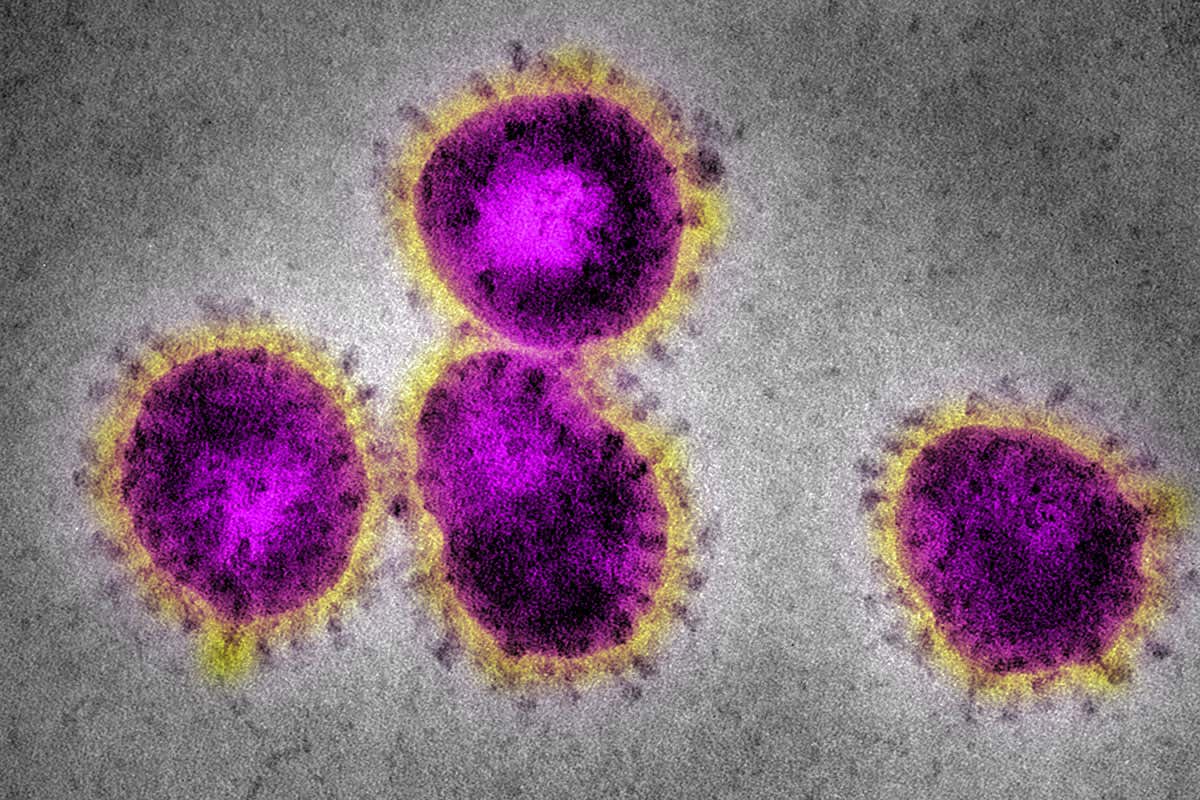Ego and Economics vs Health
In my work as a Naturopath, my role is to help educate and support my clients to achieve good health. I support their own work with diet and lifestyle, by supplementing with nutrients and herbs, if appropriate, and only for as long as required. My ideal is to get each client to the best health that they can be, and to have gained an understanding of what it takes to stay there. This is a fluid state.
I am aware that I am not able to help every person who comes in to see me. Some will not be ready to change a lifetime of poor dietary and lifestyle choices. Others will have become unwell through no fault of their own, and management of this state will need the support and intervention of doctors, hospitals and other healthcare professionals.
As a Naturopath, I recognise my limitations in what I can hope to achieve, and refer on as appropriate. I do not try to compete with the medical professionals, as I am very aware that they have areas of knowledge and technology far exceeding my own. I do believe that there is a place for both our fields to work alongside each other, where the Naturopath can help with managing people who are not well, but not yet in need to major healthcare. There are many advantages to this, not least of which is the economic value of relieving our healthcare system.
This week, I have been listening to a podcast on Revolution Health Radio, between Dr Chris Kresser from the US, and Dr Rangan Chatterjee from the UK. Both have independently recognised that what they learnt at medical school is teaching them to treat the symptoms of a disease, not answering the questions of “how do I fix the problem?”.
One of the clarifications which Dr Chatterjee made very clearly is that the medical system is very good at treating acute disease. You get an infection, you take an antibiotic, you fix the problem This will not work the same for chronic disease. With chronic disease, the disease is not the problem, the disease is the symptom. If you don’t treat the causes of the symptoms, the disease will remain.
Another point which he made is that, as a doctor, he felt despondent that he was only able to successfully treat 20% of his patients, with the standard care. And I wondered, do all doctors feel that same? I doubt that they would tell me. But here’s the thing – if we treated each person individually, and improved their diet, allowed them to exercise, managed their stress, supported their sleep, and improved their environment, the majority of people who still had to visit their doctors may in fact be just the right people for the doctors to fix. The ones whose problems can be fixed through diet and lifestyle probably should not have been heading to the doctor’s surgery in the first place…
The economic burden which is placed upon our countries is enormous. The cost of managing Type 2 Diabetes within the medical system in the UK is GBP 200 billion per year. In the US, it’s USD 220 billion. Figures in Australia from 2009 are at $14.6 billion. Frankly we get off lightly…
So what if we could stop even 10% of these people from getting Type 2 Diabetes? Not only would we save a heap of money, but there would be fewer amputations each year, fewer stress for entire families, fewer deaths…
And what would it take to achieve this? Spending a little time and money on preventative health care. Recognising that you need to eat and exercise differently in your 40’s and 50’s, to how you did in your 20’s. Seeking professional help to make changes to be the best you.
For my clients, what I seek is for them to achieve a sense of wellness, calmness and lightness. I want them to wake up every day feeling able to get up and go, not in pain, not feeling scared or angry, not feeling heavy. We achieve this through managing the big problems, making changes to the whole life package, and seeking help from other professionals where it is most appropriate. For most people, it is a matter of recognising that good health takes effort. Not a battle, but making deliberate steps in the right direction. And the end result is worthwhile. The end result is a long life well lived.
EA.
30/5/18



